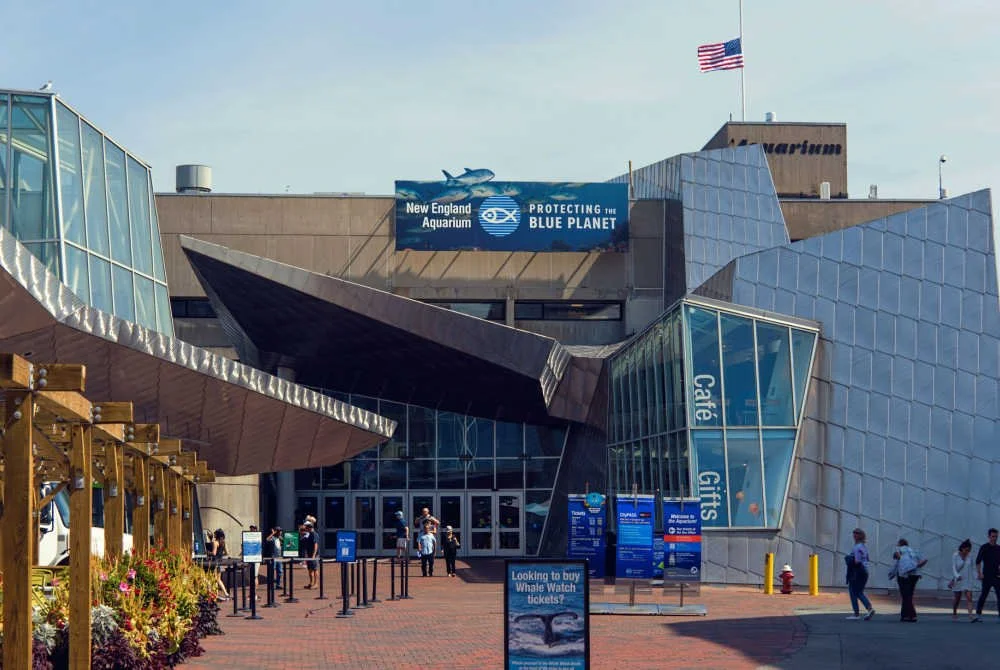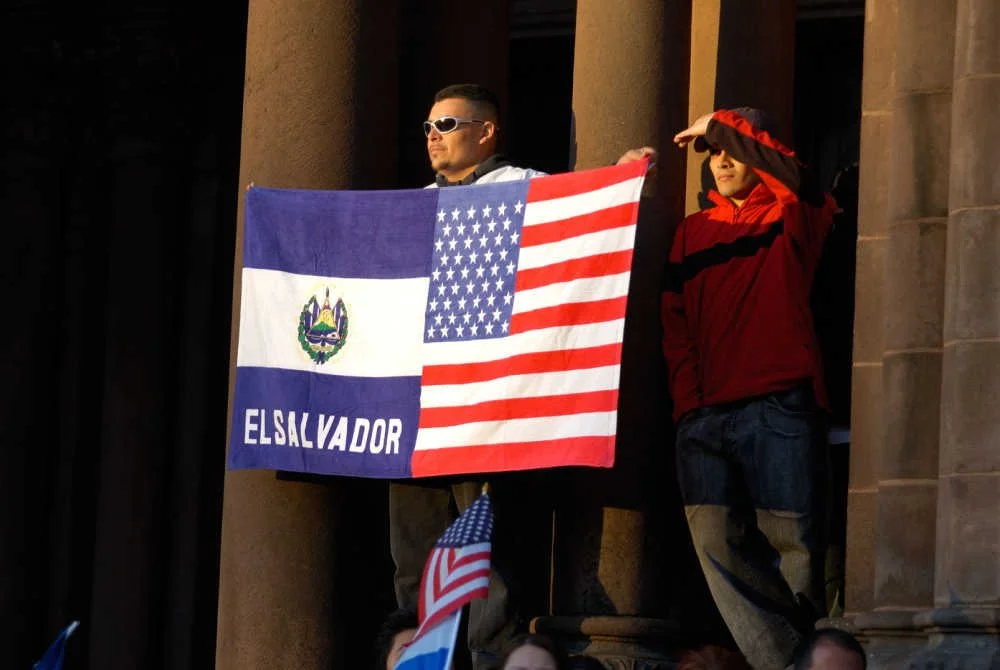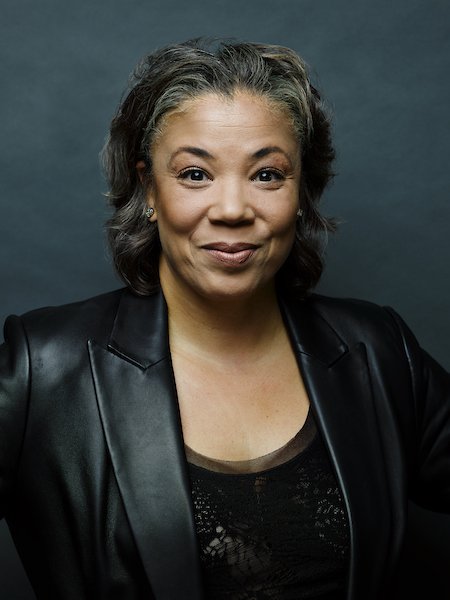A Closer Look at the Ruderman Family Foundation’s Boston Funding
/Editor's note: This article was revised and updated on 5/10/2021.
The Ruderman Family Foundation is mostly a funder of Jewish causes, and there’s no way around it. Founded in 2005, it extends grantmaking nationally and globally, but it still has roots in Boston.
Morton Ruderman, co-founder of the healthcare tech firm Meditech, along with his family, made lots of charitable donations in Boston, but didn’t initially keep track of the details. A couple of family members stepped in to get things organized, and the foundation has continued to look for philanthropic ways to honor its patriarch. Morton passed away in 2011, but foundation giving continues to be a family affair.
Let’s take a closer look at Ruderman’s funding in its home city of Boston.
Local Jewish Schools
A while back, Ruderman made headlines by partnering with Combined Jewish Philanthropies to award $3 million to Jewish day schools in Greater Boston. These funds helped to create he Morton E. Ruderman Inclusion Scholarship Fund. Specifically, these funds support students with special needs and disabilities. The funds also support current day school teachers instructing children with special needs.
Foundation president Jay Ruderman said in a statement:
Everyone deserves a fair shot in life — that was a bedrock value of my father’s. It seemed to us fundamentally unfair that because they were born with a disability, some children were unable to get a Jewish education. My father’s investment [in philanthropy] transformed how Boston approaches people with different abilities. We felt that this was an opportunity to honor his legacy.
Jobs for People with Disabilities
In terms of programming, the foundation’s strategy focuses on inclusion, and people with disabilities are a huge part of that, especially on the national level. In addition to creating the Morton E. Ruderman Inclusion Scholarship Fund, there’s the Ruderman Prize in Inclusion. This is a program that recognizes organizations whose work exemplifies the inclusion of people with disabilities in the Jewish community.
An example was a past $250,000 grant to Jewish Vocational Service to provide job training for young adults with disabilities. Transitions to Work was a Ruderman-supported collaboration between employers and the Boston community that offered three-month internships and job placement. This particular program is open to the entire community, not just people who are Jewish. Another example was when Ruderman committed $2.5 million to a JVS young adult transition-to-work program.
Food Support for Boston Jews
Under the “other grants” category, Ruderman started a fund in memory of grandparents, Freda and Max Jortner. This particular fund, the Freda and Max Jortner Fund, is dedicated to feeding needy Jews in the Greater Boston area.
Jewish Studies in Higher Education
The foundation also funds the Jewish Studies Program at Northeastern University and endowed the Ruderman Professorship of Jewish Studies. This is where Morton graduated with an engineering degree in 1959. The goal of this professorship is to connect students with Boston’s Jewish community through its co-op program.
But No Unsolicited Proposals
Unfortunately for grantseekers, Ruderman does not accept unsolicited grant proposals, but rather seeks out nonprofits to support. However, the foundation does make a habit of sitting down with community leaders, nonprofit heads, experts, and advocates to build its network of advocating for the full inclusion of people with disabilities in society.
Annual Ruderman grantmaking usually tops out at between $5 million and $8 million, and both single-year and multi-year grants are common.
President Jay Ruderman is a lifelong Bostonian and previously worked as an assistant district attorney, served on the American Israel Public Affairs Committee, and enlisted in the Israel Defense Forces. When asked about the most important thing that he wants to accomplish with his philanthropy, this was his response:
The full inclusion of people with disabilities into the Jewish community. An inclusive Jewish community is strategic—disabilities don’t just affect the person with a disability, but also their families and friends as well. Leaving many members of our community on the outside, looking in, is not an option. The full inclusion of people with disabilities ensures the continuity and future of Jewish communal life.
Most of the major partnerships are based in the U.S., and Boston continues to be a center of giving for the funder. Keep up with the things that the Ruderman Family Foundation cares about by following its blog. The foundation and its president are also active on Twitter and can be followed at @RudermanFdn and @JayRuderman.





































